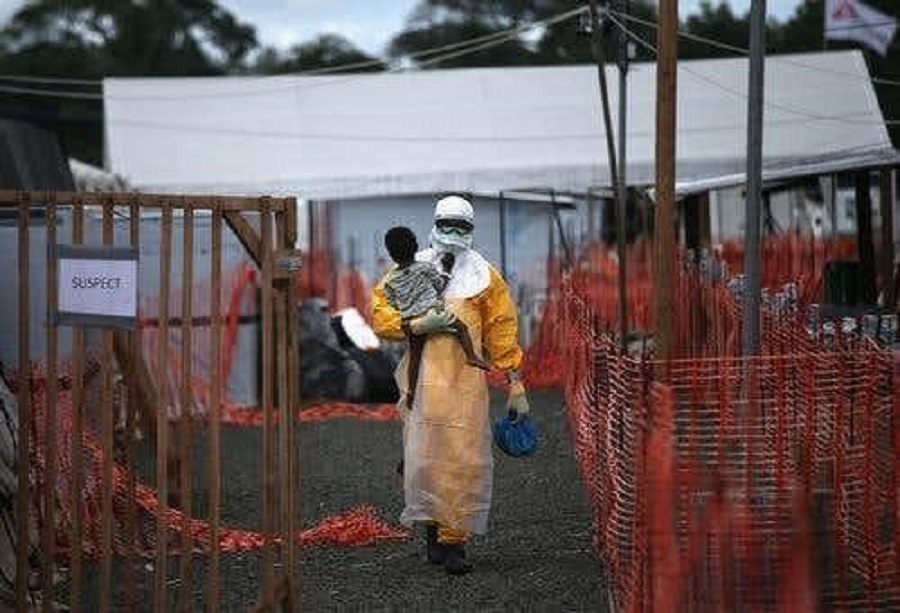Earlier this year, AFLI carried a piece on how 2017 Tutu Fellow Yap Boum has been engaged in the battle against Ebola in the Democratic Republic of the Congo (DRC). Yap is a microbiologist and epidemiologist with Epicentre Africa, an association created in the 80's by Doctors Without Borders (MSF) that set up a vaccine trial protocol with the Congolese government using an Ebola vaccine developed by Merck to be given selectively to those most likely to have had contact with a person carrying the disease. Trial protocols are required for approval for use of experimental drugs. Since then, the battle against the outbreak has been in the news around the planet.
Yap told us as the year draws to a close that the battle continues and that it is serious. He said that in less than six months, the DRC has seen two unrelated Ebola outbreaks.
Yap said that while we were fighting and containing the outbreak in the Equator Province in late July, another outbreak was happening in North Kivu. With 2,500 kilometres between the two provinces there was no relation between the two. The outbreak in Beni was contained in 2-3 months while the the one in North Kivu continues without having being ended. After almost six months, more than 500 cases and more than 300 deceased, the DRC is seeing its worst Ebola outbreak since the first one more than 30 years ago.
Answering the question why, he says that there is the combination of unrest with military rebels in Beni that limit our activities on the ground. Therefore, the affected population is unreachable and the transmission of Ebola continues. Ebola has become a nosocomial infection, which is an infection - typically caught in a hospital - that has become resistant to antibiotics. He said patients suffering from diseases like malaria are getting co-infected by Ebola when seeking care in health centre that is not well organized. In those remote and inaccessible places health workers are paying a high toll.
He also said that the presidential election is not helping. The outbreak is been politicized by all parties which impact the response against the disease. To adress this unprecedented outbreak in the DRC, the National Institute of Health is partnering with a local research institute, the INRB; the Alima Epicentre; and MSF to evaluate four new drugs to treat Ebola. The challenging outbreak provides an opportunity to find effective treatments against the deadly disease. The trial is ongoing and Yap says we hope it will save as many patients as possible while advancing medicine. He also said that despite strong leadership from the DRC Ministry of Health, solutions to stop the outbreak have not yet been found.


Report